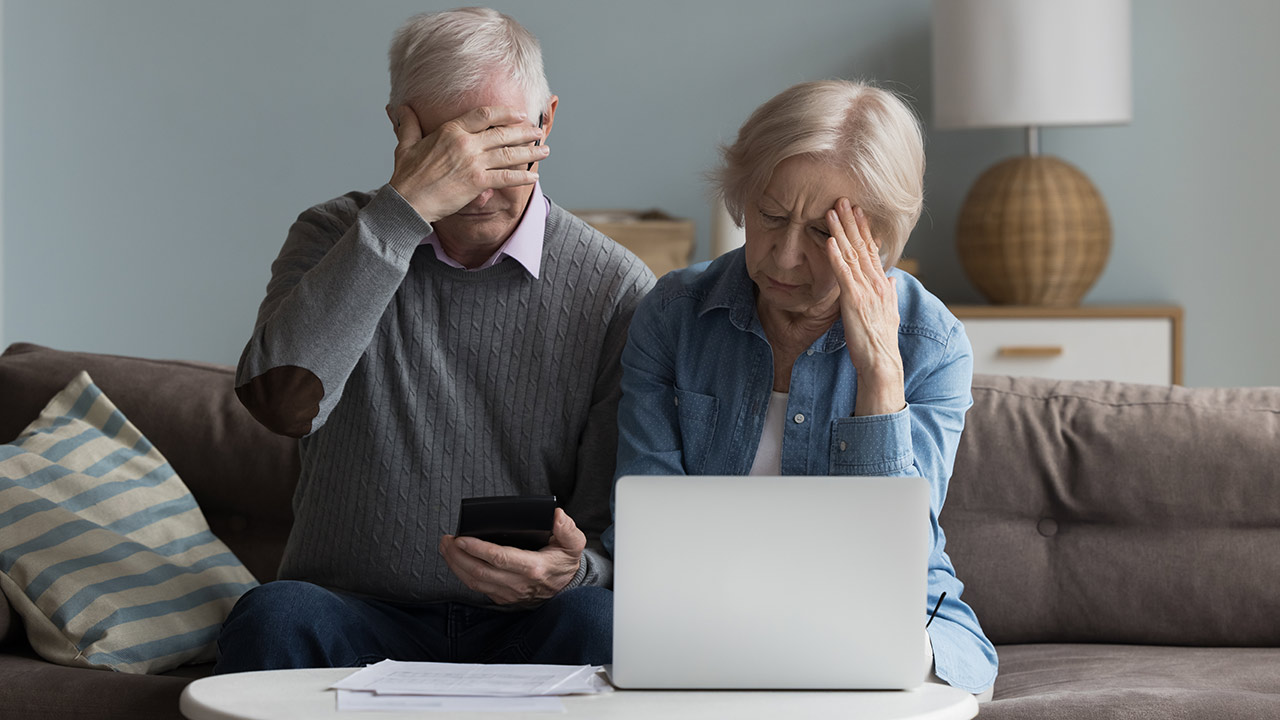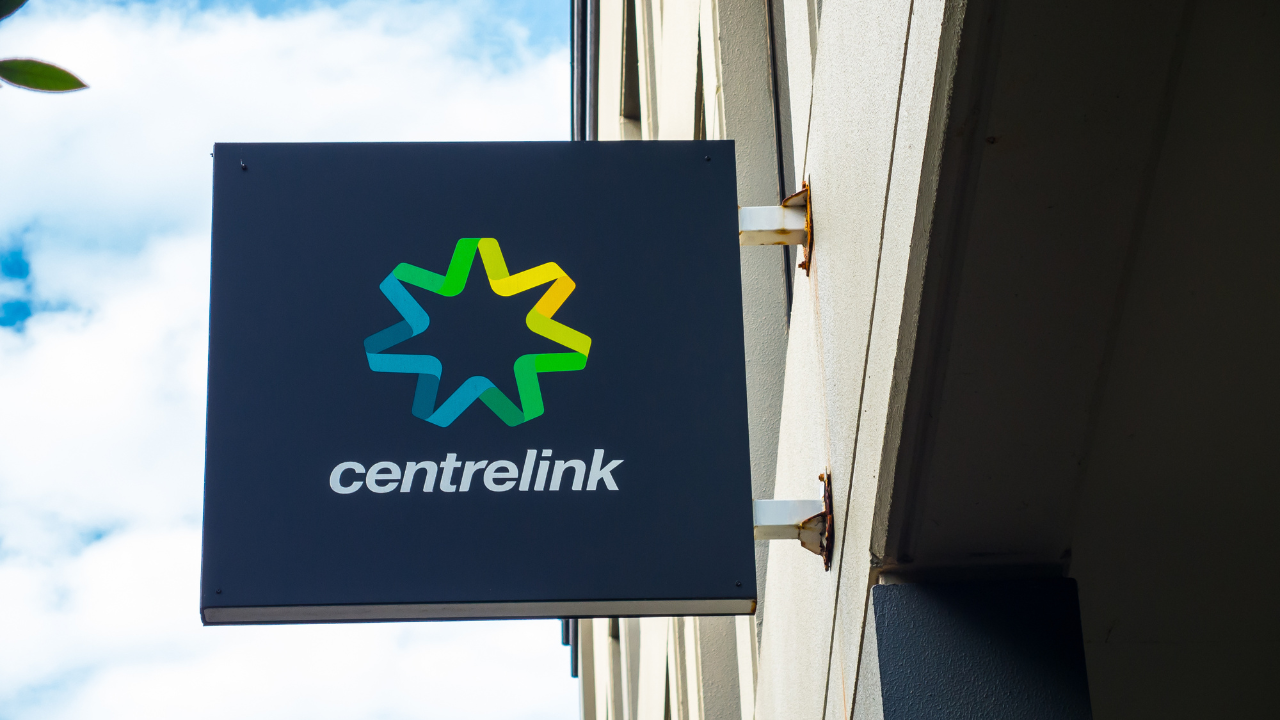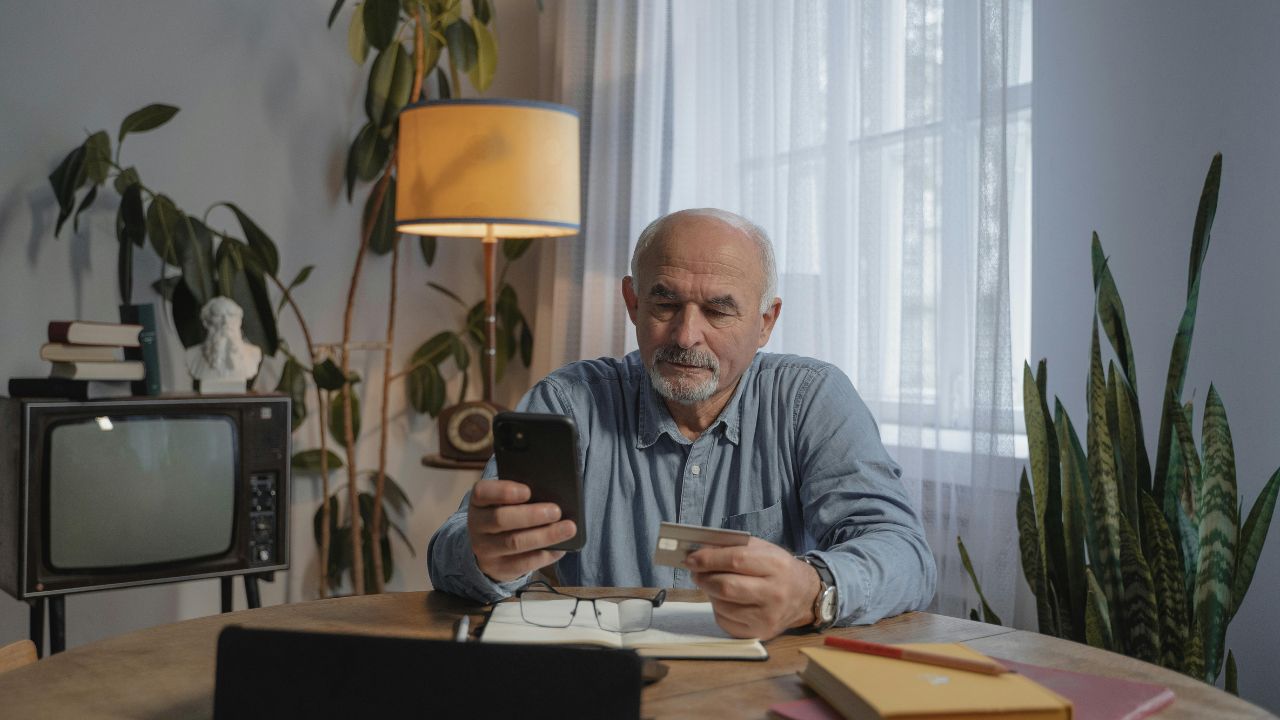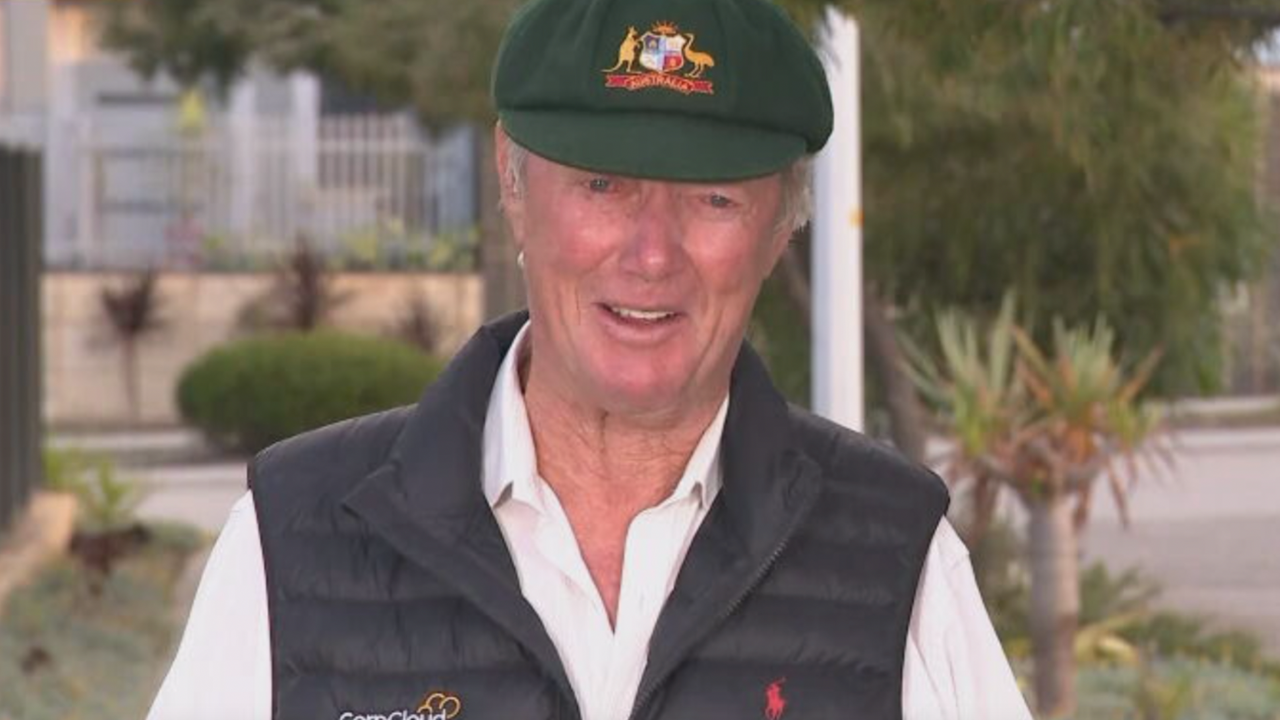It has long been known that renting in retirement is associated with a lower quality of life. Understanding the causal factors can help you avoid a similar fate. There are many reasons why renting in retirement can be problematic. For a start, figures on how much income we need to retire comfortably usually assumes that you own your home – the cost of rent isn’t included. So, anyone using this as a guide falls well short, potentially by 20-40 per cent.
Additionally:
- Rent usually eats up a larger portion of retirement income than home ownership.
- Over time, rents typically keep rising while mortgage debts reduce.
- Home ownership provides equity to use for other investments, further boosting retirement income.
- Downsizing homeowners can make an additional superannuation contribution from the sale proceeds, which renters cannot.
- Homeowners can make accessibility modifications to meet their needs as they age, like installing ramps or rails.
- Homeowners have greater stability and aren’t subject to eviction (and moving costs) at short notice.
How big a problem is it?
Numerous studies have highlighted the growing scale of the problem faced by renting retirees. The Grattan Institute recently found that “two in three retirees who rent in the private market live in poverty,” and that “most older working Australians who rent do not have sufficient savings to keep paying rent in retirement.”
The rental trap is also not exclusive to low-income earners. Everybody’s Home recently found Australians earning $100,000 per year – above the national median of $1,396 per week ($72,592 per year) – are struggling to pay their rent.
The end result is that homelessness is a growing problem for over 55s – particularly women. The Mercy Foundation notes that homelessness among these women grew 6.6 per cent in the 2021 Census, following a huge 31 per cent increase in the 2016 Census.
What is causing it?
Not owning your own home in retirement is obvious answer here. But there are various contributing factors that see people forced to rent later in life, including losing their home and being financially unable to replace it.
These include:
- Divorce/separation – court and legal fees, counselling costs, division of assets (including the family home).
- Pre-retirement chronic illness – time out of the workforce for both the patient and their partner to care for them, loss of income, less going into super, and higher healthcare costs.
- Death of a partner – up-front bills like funeral expenses, surviving partner suddenly on a single income.
- Elder abuse – an estimated one in six older Australians experience elder abuse, including 2.1 per cent facing financial abuse.
- Domestic violence – fleeing abusive relationships with little or no money and assets.
- Climate change – loss of uninsured home/other assets as storms, floods, cyclones, and fires increase in frequency and severity.
- Scams – Australians lost $2 billion to scams in 2024.
- Gambling – 46 per cent of gamblers are at risk of harm, including losing their home.
- Housing unaffordability – soaring prices (and stamp duty) push home ownership out of reach.
Women often face the brunt of these effects, disadvantaged by the gender pay gap, having less in superannuation, often having primary or sole custody of children, and having less secure employment.
How can you protect yourself?
Thankfully, there are steps we can all take to protect ourselves and our retirement:
- Get your foundations right for a strong financial footing – emergency fund, spending and investment plan, insurances, superannuation, estate planning.
- Make decisions jointly – letting your partner control finances alone means more risk for you and less spending oversight.
- Have contingency plans – your own bank account, independent financial and retirement plans, insurances, and back-up plans just in case.
- Get into the market ASAP – even a cheap investment property far from where you live is a financial asset and a roof over your head if needed.
- Consider co-ownership – if you can’t afford to buy property alone, split the purchase and ongoing costs with an adult child, sibling, or close friend. Alternatively, sub-let a room to offset the costs.
- Don’t settle for less – avoid accepting an unreasonable separation settlement just to resolve things quickly.
- Be alert – know the warning signs of scams, elder abuse, gambling addiction and domestic violence to avoid losing everything.
- Get independent advice – professional legal, accounting, and financial advice can help you build financial independence, create safeguards, and recover faster if disaster does strike.
Overall, the best thing you can do is simply to act. By being proactive instead of burying your head in the sand, your future self stands a much better chance of enjoying a comfortable retirement!
Helen Baker is a licensed Australian financial adviser and author of the new book, Money For Life: How to build financial security from firm foundations (Major Street Publishing $32.99). Helen is among the 1% of financial planners who hold a master’s degree in the field. Proceeds from book sales are donated to charities supporting disadvantaged women and children. Find out more at www.onyourowntwofeet.com.au
Disclaimer: The information in this article is of a general nature only and does not constitute personal financial or product advice. Any opinions or views expressed are those of the authors and do not represent those of people, institutions or organisations the owner may be associated with in a professional or personal capacity unless explicitly stated. Helen Baker is an authorised representative of BPW Partners Pty Ltd AFSL 548754.
Image: Shutterstock












